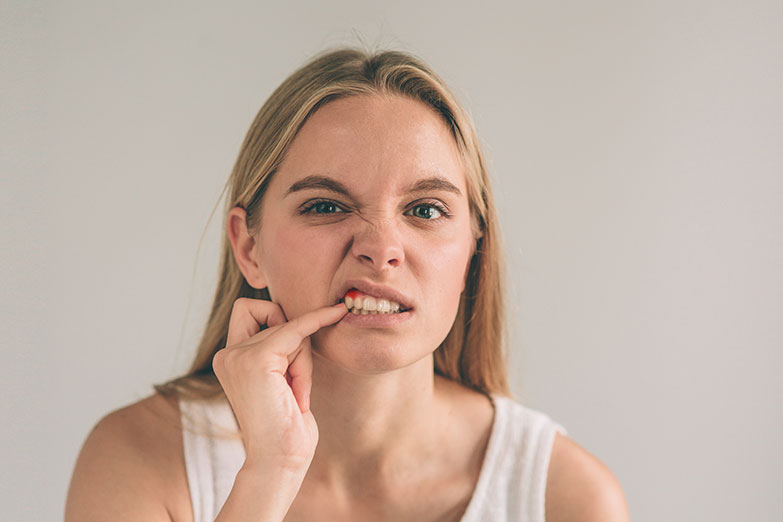Do your gums bleed when you brush? You aren’t alone – many Americans have the same issue. Some patients may simply brush too hard or with a toothbrush that isn’t soft enough, while others may be experiencing gum disease. But how do you know when it is a cause for concern?
It is important to brush and floss properly in order to remove plaque buildup from our teeth. When we don’t, the plaque attacks our gum tissue, causing the first stage of gum disease – gingivitis.
Nearly 64 million Americans ages 30 and up have a more advanced form of gum disease known as periodontitis. It is important to pay close attention to the health of your gums because gum disease has been linked to other serious health concerns, such as heart disease and stroke.
There are some signs to look for to help you determine if your bleeding gums may be a symptom of a more serious issue.
- Gums that bleed when you brush, floss or eat
- Gums that are red, swollen, tender or painful
- Gum recession that leads to your teeth looking longer
- Bad breath
- Teeth that have started to loosen
- Tooth pain
Experiencing these symptoms can’t tell you for sure that you have gum disease. It is important to discuss any issues with your dentist so that you can begin any necessary treatment or prevention right away.
To help prevent bleeding gums and keep away gum disease follow these tips:
- Up your oral care game. Brush and floss regularly, paying close attention to all the nooks and crannies of your teeth and along your gumline.
- Check your toothbrush. You should be using a toothbrush with soft bristles. You may think a brush with stiffer bristles will be better and scraping away plaque, but in fact they may just be causing irritation.
- Maintain a healthy diet. You are what you eat, and your smile benefits from a healthy diet full of vitamins and minerals.
- Check your medications. Some medications can increase your chances of bleeding, so check your medications and discuss them with your dentist.
- Visit your dentist. The best way to ensure your gums are healthy is by visiting a dentist regularly.
A healthy mouth starts with healthy gums. Gum disease isn’t only painful and annoying, it can lead to serious concerns, including tooth loss. It is important to visit your dentist regularly for checkups to ensure your teeth and gums are healthy. Early diagnosis of gum disease can stop it before it worsens.
